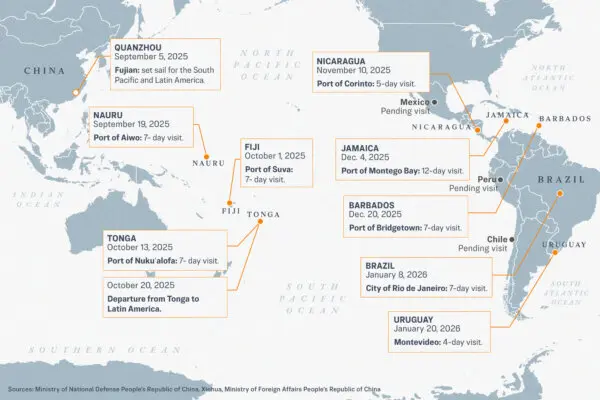Wall Street has found a new way to fight global warming and turn a profit in the process, by monetizing the right to control America’s public and private land.
The New York Stock Exchange (NYSE), together with an organization called the Intrinsic Exchange Group (IEG), have proposed setting up a new type of company called a Natural Asset Company (NAC), which would pool investors’ money from around the world to buy the rights to land in the United States with the goal of restricting its use to “sustainable” endeavors.










